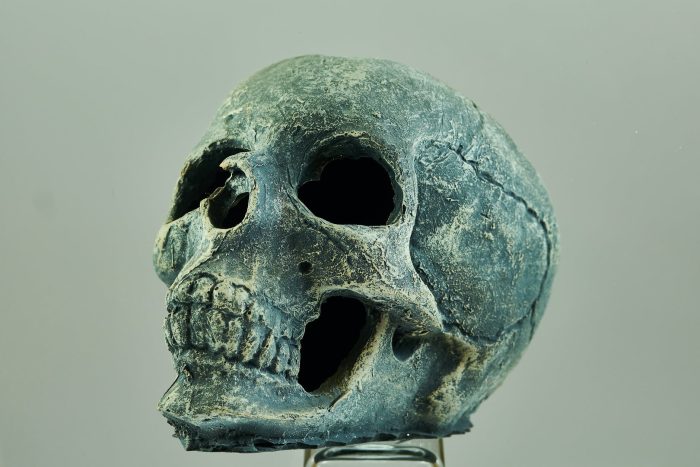If you’ve spent any time watching crime shows on television, the odds are good that you’ve heard the term forensic anthropology. Yet no show can properly portray all of what forensic anthropology has to cover. Continue reading to learn more about forensic anthropology, including it and how to begin studying more on the subject.
What Is Forensic Anthropology?
Forensic anthropologists study human skeletal remains in a law enforcement capacity. In other words, these experts study bones with the hopes of providing answers to law enforcement and other investigative agencies.
Forensic anthropologists aren’t limited to helping law enforcement. They can be found working for private companies, universities, and even museums. Essentially, any place dealing with bones and studying them will likely require a forensic anthropologist on staff.
How Forensic Anthropologists Help
There are many reasons why forensic anthropologists are required when handling a case. For instance, many investigations require a forensic anthropologist to help identify the deceased. Forensic anthropologists are frequently called to court proceedings to confirm the identity of a victim, for example.
Forensic anthologists study the bones available to identify several things, such as gender, age, ancestry, and sometimes even cause of death. Some, but not all, forensic anthropologists may specialize in the recovery and assembly of fragmented bones, working alongside archaeologists.
What Certifications Do Forensic Anthropologists Need?
These days, there are several options to follow for those that want to become forensic anthropologists. Most people opt to start with an undergraduate degree in forensic anthropology. An accredited school is the best choice in this instance, as it will open more doors to graduating students.
Alternatively, a prospective forensic anthropologist may opt to follow a different route. For example, they could start with anatomy and work forensic anthropology into their postgraduate degree(s). In essence, a forensic anthropologist will have to understand the human body, particularly the bones. They will need to obtain a degree to help them succeed here.
Several certifications and courses are available specific to forensic anthropologists, such as the one run by the Royal Anthropological Institute of Great Britain and Ireland.
Whatever path you decide to take, it is essential to take the time to do proper research before starting. This means looking at the available schools offering these degree programs and discovering which is best suited for you and your needs.

 Share on bsky
Share on bsky





Read 0 comments and reply